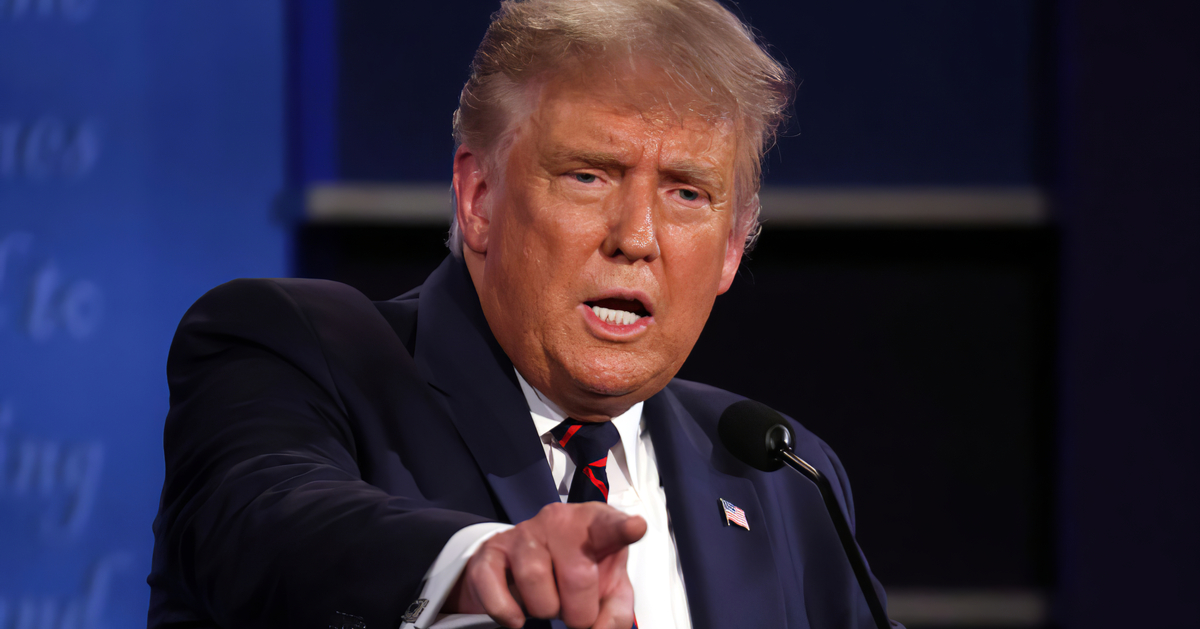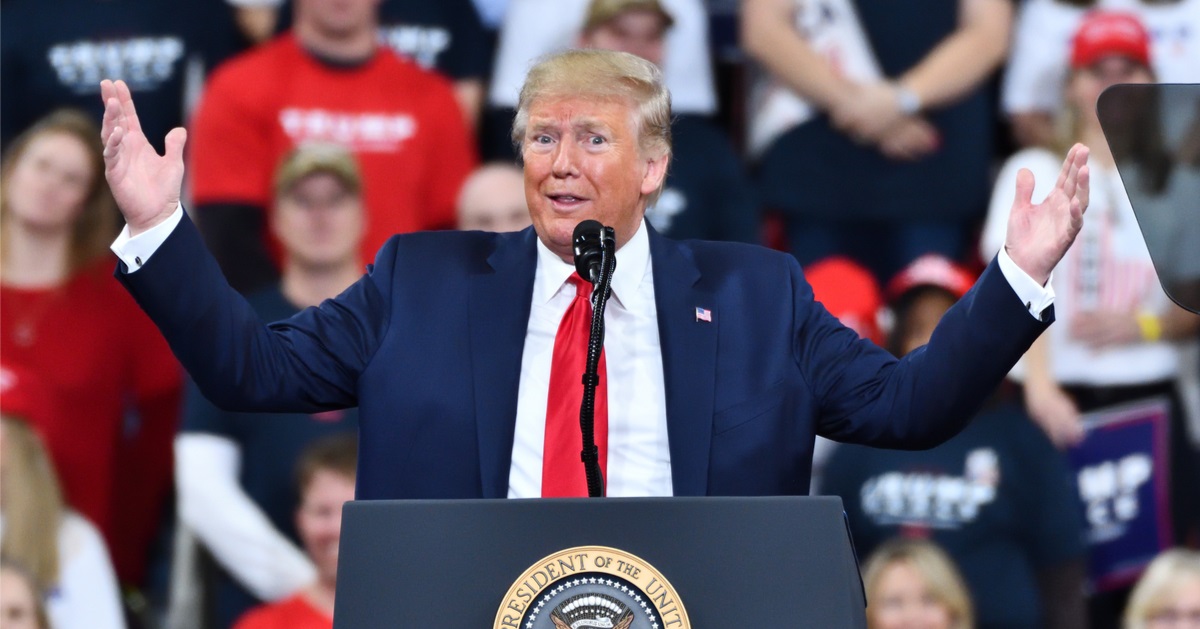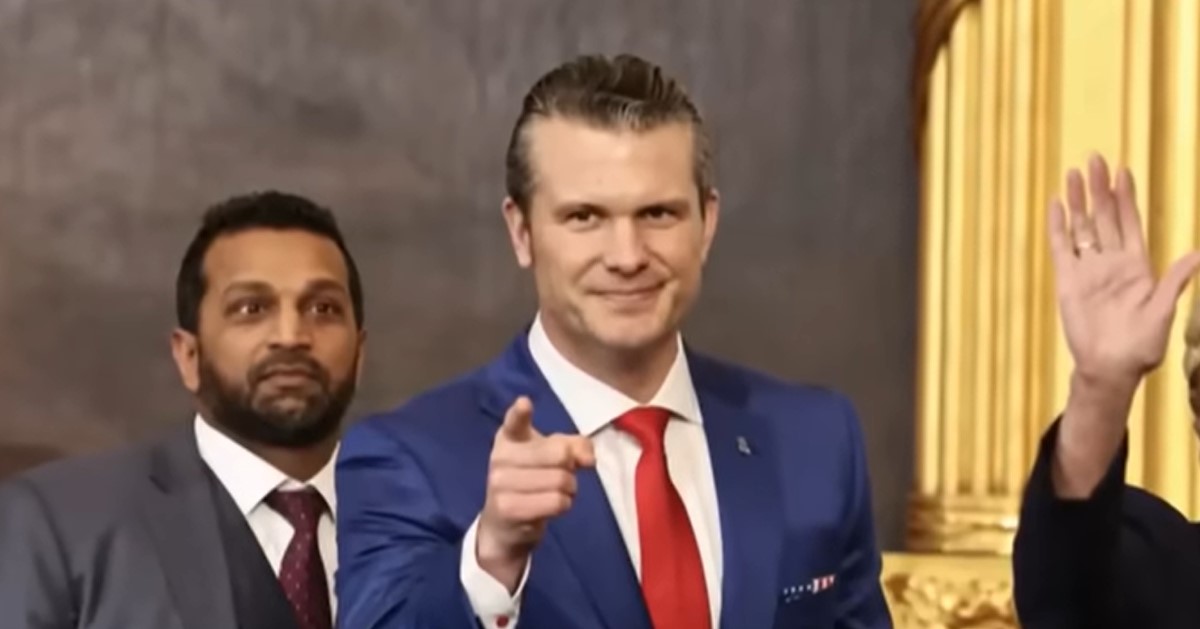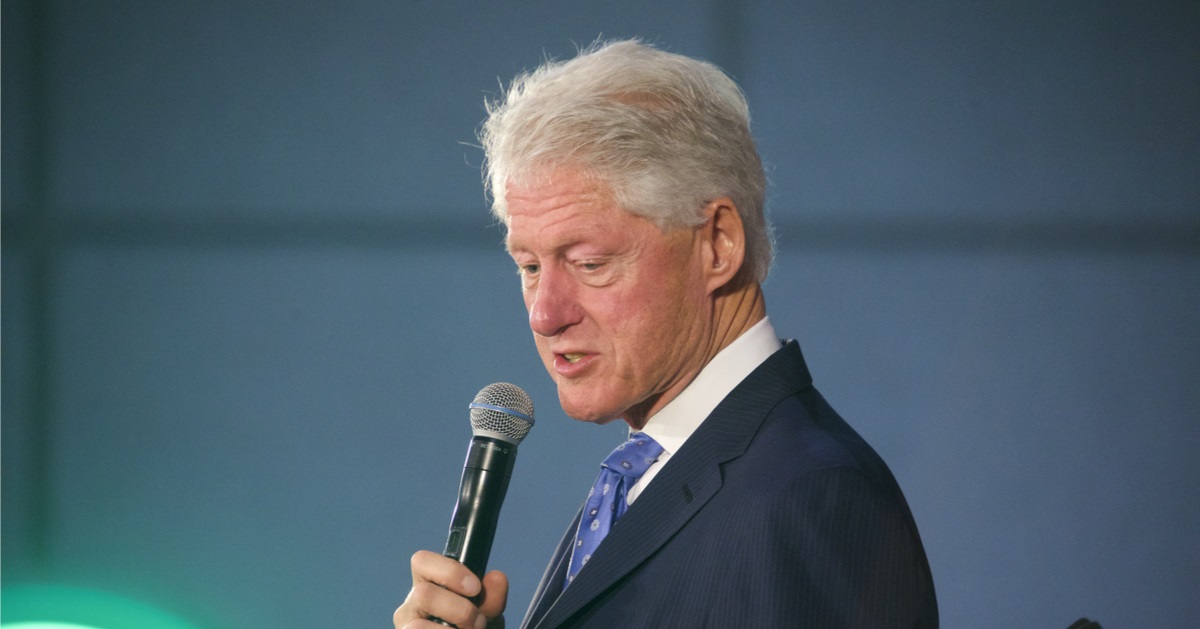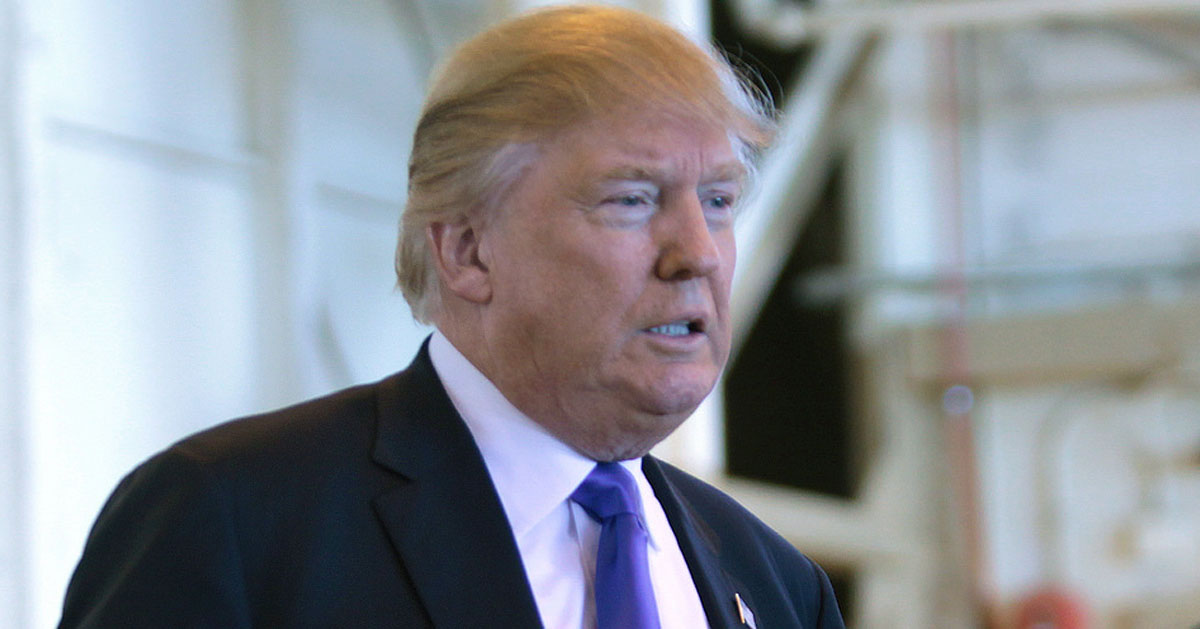Supreme Court sets second-term federal government record in half cases
For two years, the Supreme Court has prioritized cases involving the federal government, indicating a significant shift in the types of conflicts the justices consider.
Georgetown University law professor Steve Vladeck and Juris Doctor candidate Alyssa Negvesky found that 31 of the court's 62 2024-25 cases involve the federal government, as THE WASHINGTON EXAMINER reported.
Vladeck stated in his Substack blog One First that this is the second time in history that federal government cases have made up at least half of the court's merits docket, the first being in 2023-24.
Formerly, the U.S. government was the court's most frequent plaintiff, but it only won a minority of cases.
New Pattern
This pattern over the past two terms indicates a trend in the resolution of federal policy disputes, which is moving away from Congress and regulatory agencies and toward the judiciary.
Vladeck also suggested that this trend may explain why the Supreme Court frequently divides along ideological lines when considering certain more contentious cases each term.
The high court is composed of six Republican-appointed and three Democratic-appointed justices as a result of President Donald Trump's three appointees during his first term.
“For better or worse, that shift necessarily puts the justices not only on the front lines of the culture wars in a growing number (and even larger percentage) of cases, but often in contexts in which they are more likely to divide along ideological lines than in the cases that comprised more of the merits docket a generation ago,” Vladeck said.
Culture War Topics
Later this year, the courts will examine Skrmetti v. United States, a landmark case challenging Tennessee's restriction on transgender medical treatments for minors.
The Biden administration intervened to argue the statute was unconstitutional.
The federal government's role in Supreme Court litigation is highlighted in Garland v. VanDerStok, where the Biden administration defends the regulation of ghost guns, privately assembled firearms.
The case, which derives from a lower court finding that struck down the regulation, will challenge the federal government's agency rulemaking gun control powers.
On Law Enforcement
In Martin v. City of Boise, the court will decide if individuals can sue police officers for unlawful SWAT raids, adding to its increasing list of cases with major civil rights ramifications.
Two successive Supreme Court dockets in which half of the cases involved the federal government and all other litigants have made the court's role in governance issues clearer than ever, albeit whether the pattern continues is unclear.

